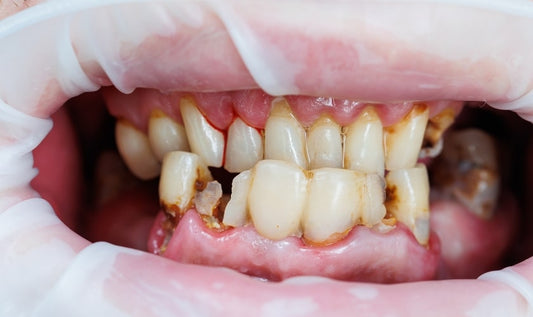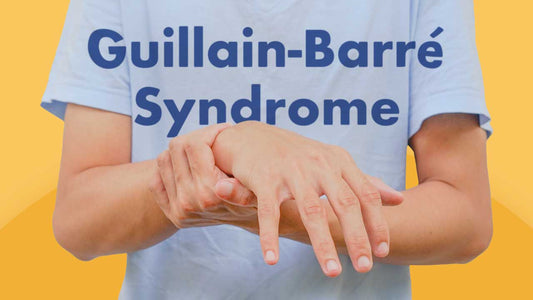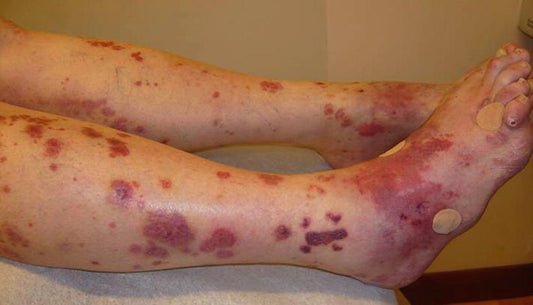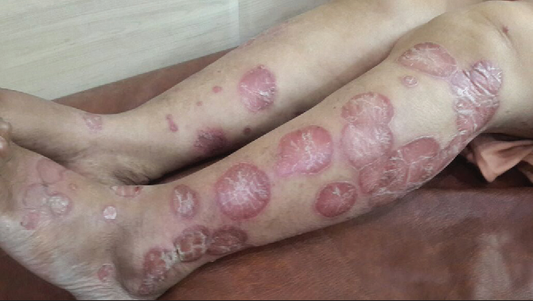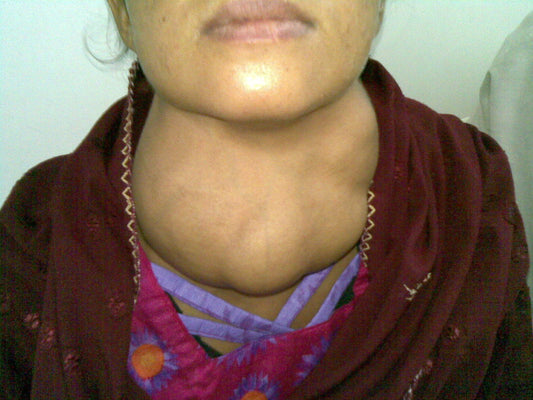featured Gum disease
On by ZimSeller Pharmacy 0 comments
Guillain-Barré syndrome
On by ZimSeller Pharmacy 0 comments
Growing pains
On by ZimSeller Pharmacy 0 comments
Group B strep
On by ZimSeller Pharmacy 0 comments
Granulomatosis with polyangiitis (Wegener's granulomatosis)
On by ZimSeller Pharmacy 0 comments
Granuloma annulare
On by ZimSeller Pharmacy 0 comments
Goitre
On by ZimSeller Pharmacy 0 comments














